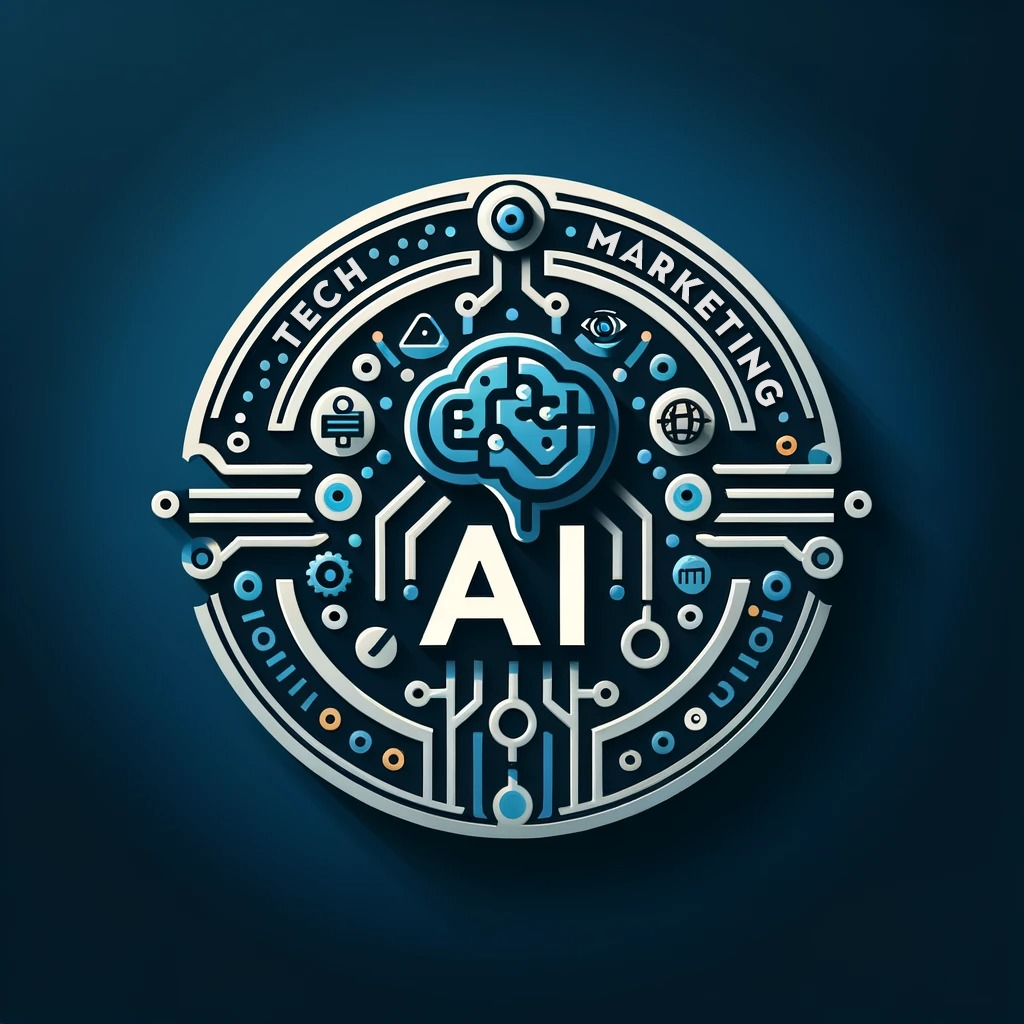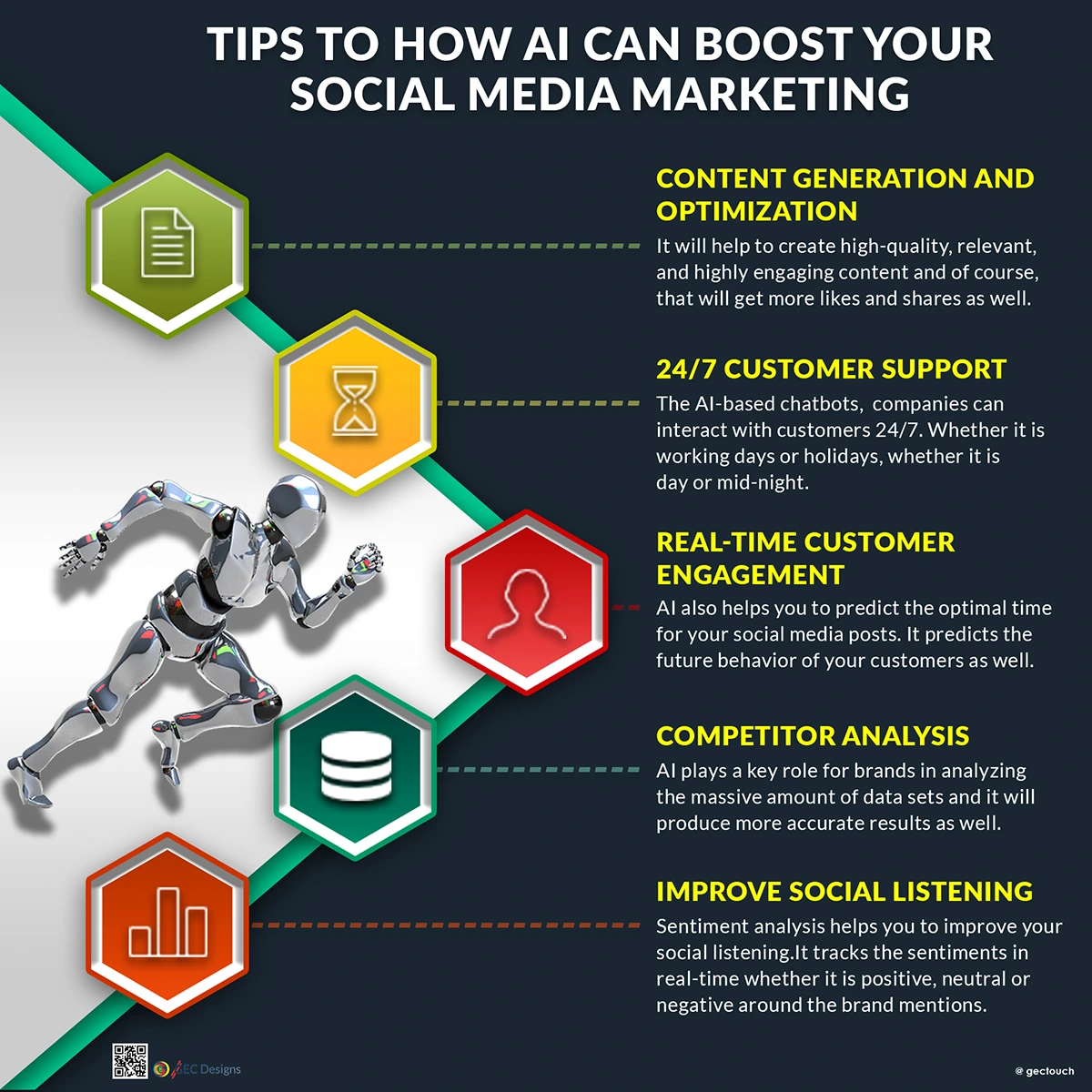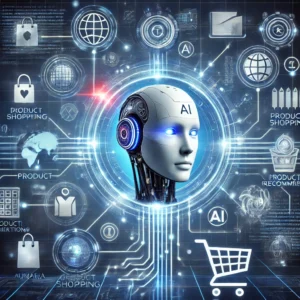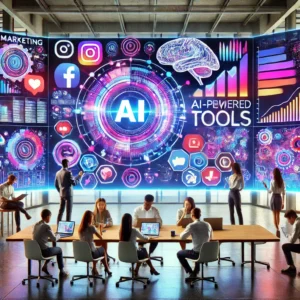Artificial Intelligence (AI) is rapidly transforming the landscape of social media marketing. For businesses in regions like the USA, UK, Canada, and Australia, staying competitive means leveraging AI to optimize campaigns, enhance engagement, and achieve better return on investment (ROI). In this blog, we’ll dive deep into how AI enhances social media marketing, supported by data, tools, and actionable strategies to maximize its potential.
Why AI Matters in Social Media Marketing
The dynamics of social media are evolving, with platforms like Facebook, Instagram, Twitter, and TikTok constantly changing algorithms. AI helps marketers keep pace by automating processes, analyzing user behavior, and delivering personalized content at scale. Here’s why AI is a game-changer:
- Automation Saves Time and Resources: AI automates repetitive tasks like scheduling, monitoring, and reporting.
- Improved Targeting: AI identifies precise audience segments, ensuring your message reaches the right people.
- Advanced Analytics: AI interprets massive data sets, offering actionable insights to refine campaigns.
- Customer Engagement at Scale: Tools like chatbots enhance customer interaction, ensuring 24/7 engagement.
- Content Personalization: Tailored content drives higher engagement rates and brand loyalty.
According to Statista, AI adoption in marketing is projected to grow annually by 33.6%, reflecting its immense potential for businesses worldwide.
Statistical Insights on AI in Social Media
- ROI Impact: AI can increase ROI by 30% for businesses leveraging it in digital marketing.
- Ad Targeting Precision: Marketers using AI experience a 20-30% increase in ad targeting accuracy.
- Automation Benefits: 73% of marketers say automation allows them to focus more on strategic efforts rather than mundane tasks.
- Revenue Growth: AI in marketing is predicted to reach $107 billion globally by 2028, with substantial growth in North America and Europe.
How AI Is Transforming Social Media Marketing
1. Automation of Social Media Tasks
AI tools like Hootsuite’s OwlyWriter AI simplify the process of creating, scheduling, and posting content. Automation not only reduces manual labor but ensures consistent posting schedules, a critical factor for algorithmic visibility.
Example Strategy:
- Schedule posts for optimal times using AI-powered tools like Buffer or Sprout Social.
- Automate responses to FAQs with chatbots, such as ManyChat.
2. Audience Insights and Targeting
Understanding your audience is critical for effective campaigns. AI tools analyze user behavior, demographics, and interests to create accurate audience personas. Tools like Audiense and Brandwatch provide deep insights into audience preferences.
Example Strategy:
- Use Audiense to segment audiences and tailor campaigns to specific niches, increasing relevance and engagement.
3. Content Creation and Optimization
AI tools such as Jasper AI and Canva’s Magic Design streamline content creation by generating captions, visuals, and even entire blog posts. Video tools like Lumen5 help repurpose existing content into engaging formats for platforms like Instagram and TikTok.
Example Strategy:
- Use Jasper AI for brainstorming post ideas and crafting engaging ad copy.
- Create short, impactful videos using Lumen5 to boost engagement.
4. Advanced Analytics and Performance Monitoring
AI enhances performance tracking by analyzing campaign data in real time. Tools like Google Analytics 4 (GA4) with AI integrations offer predictive insights, helping you optimize future campaigns.
Example Strategy:
- Monitor campaign ROI and refine strategies with tools like Sprinklr or HubSpot.
- Use Brand24 to track sentiment and respond to customer feedback.
5. Enhanced Customer Experience with Chatbots
AI-driven chatbots, such as Intercom or Drift, handle customer interactions efficiently, from answering FAQs to assisting with purchases. These bots provide real-time, personalized experiences that improve satisfaction and loyalty.
Example Strategy:
- Deploy chatbots to handle initial inquiries, reserving human agents for complex issues.
- Use tools like ManyChat to integrate bots into Facebook Messenger or Instagram DMs.
Top AI Tools for Social Media Marketing
Free AI Tools
- Canva’s Magic Design: Ideal for creating eye-catching graphics.
- ChatGPT: Generate engaging captions and long-form content.
- Lumen5: Turn blog content into video format.
- Hootsuite’s OwlyWriter AI: Caption and content generation tool.
- Predis.ai: Designs carousels and conducts competitive analysis.
Paid AI Tools
- Jasper AI: Content creation with advanced language models.
- Brand24: Real-time brand monitoring and sentiment analysis.
- Audiense: Audience segmentation and insights.
- Flick: Generates hashtags and content ideas.
- Ocoya: Combines copywriting, design, and scheduling.
Strategic Use of AI Tools in Campaigns
To achieve maximum results, it’s essential to align AI tools with a defined strategy. Here’s a simple 3-step approach:
- Set Clear Goals: Define objectives like increasing engagement, improving ROI, or growing your follower base.
- Leverage the Right Tools:
- For visuals: Use Canva.
- For analytics: Use Google Analytics and Brand24.
- For scheduling: Use Buffer or Sprout Social.
- Test and Refine: Continuously monitor performance and refine campaigns using tools like Hootsuite Insights.
Future Trends: AI in Social Media Marketing
As AI evolves, new trends are shaping the future of social media marketing:
- Voice Search Optimization: AI-powered tools like Siri and Alexa are influencing search behaviors.
- AR and VR Integration: Platforms like Snapchat and Instagram are leveraging AI for immersive experiences.
- Hyper-Personalization: AI will drive ultra-targeted campaigns based on real-time user behavior.




